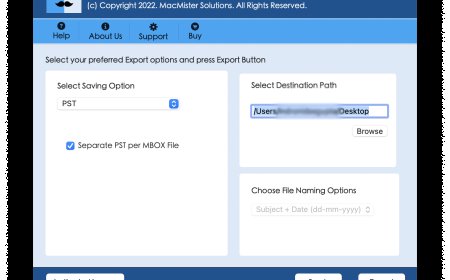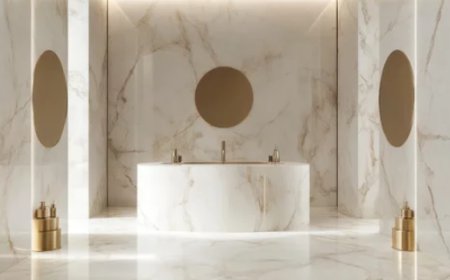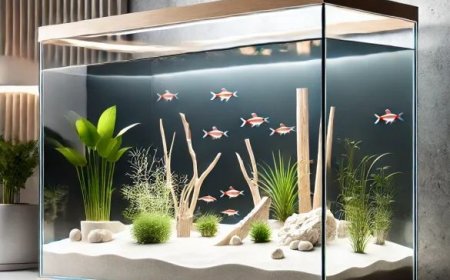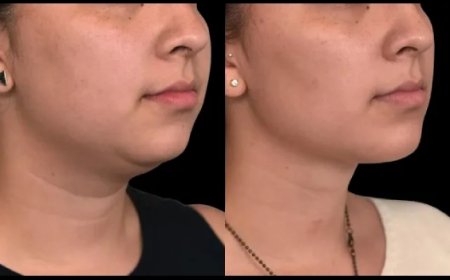Building Trust in ADHD Relationships: Key Strategies for Couples
Discover effective strategies for building trust in ADHD relationships and overcoming jealousy with couples therapy.

Building trust in ADHD relationships can be a challenge, especially when one partner struggles with ADHD. ADHD often affects communication, emotional regulation, and impulse control, which can lead to misunderstandings, insecurity, and jealousy. Without a solid foundation of trust, relationships can face additional stress. However, with the right strategies, couples can navigate these challenges and build a deeper, more resilient bond. Couples therapy for jealousy, ADHD-focused therapy, and open communication can all play crucial roles in establishing trust. This article explores essential steps in building trust in ADHD relationships, offering practical advice for couples facing these unique challenges.
The Challenges ADHD Presents to Building Trust
ADHD affects more than just attention; it can alter emotional responses, interrupt communication, and make it harder for individuals to maintain consistent behavior in relationships. People with ADHD often experience impulsivity, which can lead to actions or words that damage trust. Their emotions may fluctuate rapidly, making it hard for their partner to know where they stand. This inconsistency can create anxiety and insecurity, leading to jealousy or resentment.
Furthermore, inattentiveness or forgetfulnesscommon symptoms of ADHDcan be perceived by the partner as neglect or disinterest. When one person feels emotionally neglected, it can result in feelings of jealousy, distrust, and frustration. These dynamics, if left unaddressed, can strain the relationship and make building trust seem like an uphill battle.
The Role of Couples Therapy for Jealousy
Couples therapy for jealousy can be incredibly beneficial in relationships affected by ADHD. This specialized form of therapy focuses on understanding the root causes of jealousy and addressing any emotional wounds that may be contributing to it. In ADHD relationships, jealousy may stem from the partners inability to regulate their emotions or from perceived neglect. A therapist trained to work with ADHD couples can help both partners recognize and address these triggers.
In therapy, couples learn techniques for improving communication and understanding each others emotional needs. They are encouraged to create a safe space where jealousy and emotional hurt can be expressed without judgment. By addressing jealousy in therapy, couples can reduce the emotional tension in their relationship, making it easier to build trust over time.
Effective Communication: A Pillar of Trust
Effective communication is crucial in building trust, especially when ADHD is involved. People with ADHD can sometimes struggle to articulate their feelings clearly, which can lead to misunderstandings. Their partners, in turn, may misinterpret actions or words as a sign of distrust or disinterest. Learning to communicate openly, honestly, and empathetically can help clear up these misunderstandings.
Couples can start by setting aside regular time to talk about their feelings. This time should be free of distractions, where both partners can focus on listening to each other. In ADHD relationships, this practice can help partners feel heard and validated, which is essential for building trust. Active listening techniquessuch as repeating back what the other person has saidcan also enhance understanding.
Furthermore, couples should make an effort to express their needs clearly and respectfully. People with ADHD may struggle with remembering things, so creating systems to ensure important conversations dont slip through the cracks can be helpful. Using visual reminders or writing down key points can help both partners stay on the same page, reducing frustration and misunderstandings.
Creating Consistent Routines for Emotional Stability
Consistency is a cornerstone of trust. In relationships affected by ADHD, consistency can be a challenge, as symptoms such as forgetfulness or impulsivity can disrupt daily life. However, creating routines that establish predictability can help both partners feel more secure. A predictable environment is essential for managing ADHD symptoms and fostering a sense of stability.
For couples, this might involve creating daily rituals that both partners can count on. This could be something as simple as having dinner together every evening or setting aside time each week for a date night. Having shared goals and routines helps ensure that both partners feel valued and connected, which strengthens trust.
Additionally, partners can work together to establish emotional routines. For example, taking a few minutes each day to check in with each other emotionally can help both partners feel supported and less likely to misinterpret each others behavior. By being consistent in emotional support, both partners can build a stronger sense of trust.
Seeking Support from an ADHD Therapist
An ADHD therapist can play a critical role in helping both partners navigate the complexities of ADHD within their relationship. These specialized therapists are trained to work with individuals and couples who are dealing with ADHD, providing strategies to improve emotional regulation, communication, and overall relationship dynamics.
An ADHD therapist can help the partner with ADHD better understand their symptoms and how these affect their relationship. They can offer personalized strategies to cope with impulsivity, inattention, and emotional dysregulation. For the non-ADHD partner, therapy can provide insight into the ADHD experience and teach patience and empathy.
Furthermore, therapy provides both partners with the tools they need to manage jealousy and resentment, ensuring that these emotions dont erode trust. By addressing underlying issues and working toward mutual understanding, couples can build a solid foundation of trust that will support their relationship for years to come.
Trust-Building Exercises for ADHD Relationships
Several trust-building exercises can help couples strengthen their bond. These exercises are designed to promote emotional connection, improve communication, and reinforce consistency.
-
The Appreciation Jar Exercise: Each partner writes down positive qualities or actions they appreciate about the other person. These notes are then placed in a jar and read aloud during a designated time, such as at the end of the week. This exercise promotes gratitude and reinforces positive behavior.
-
The ADHD Awareness Exercise: Partners take time to learn more about ADHD and how it impacts their relationship. This can include reading articles, attending therapy together, or simply having an open conversation about each others experiences. Understanding each others perspectives helps build empathy and trust.
-
Active Listening Sessions: Partners take turns speaking and listening without interruption. The listener must summarize what the speaker has said before responding. This exercise encourages better communication and fosters a sense of being heard, which is essential for trust.
Conclusion: Building Trust Takes Time and Effort
Building trust in ADHD relationships requires patience, understanding, and a commitment to working together. While ADHD presents unique challenges, couples who are willing to put in the effort can create a supportive, trusting relationship. Couples therapy for jealousy, emotional regulation, and seeking help from an ADHD therapist can be invaluable tools in this process. By committing to open communication, consistency, and empathy, couples can overcome obstacles and build a foundation of trust that lasts.




































